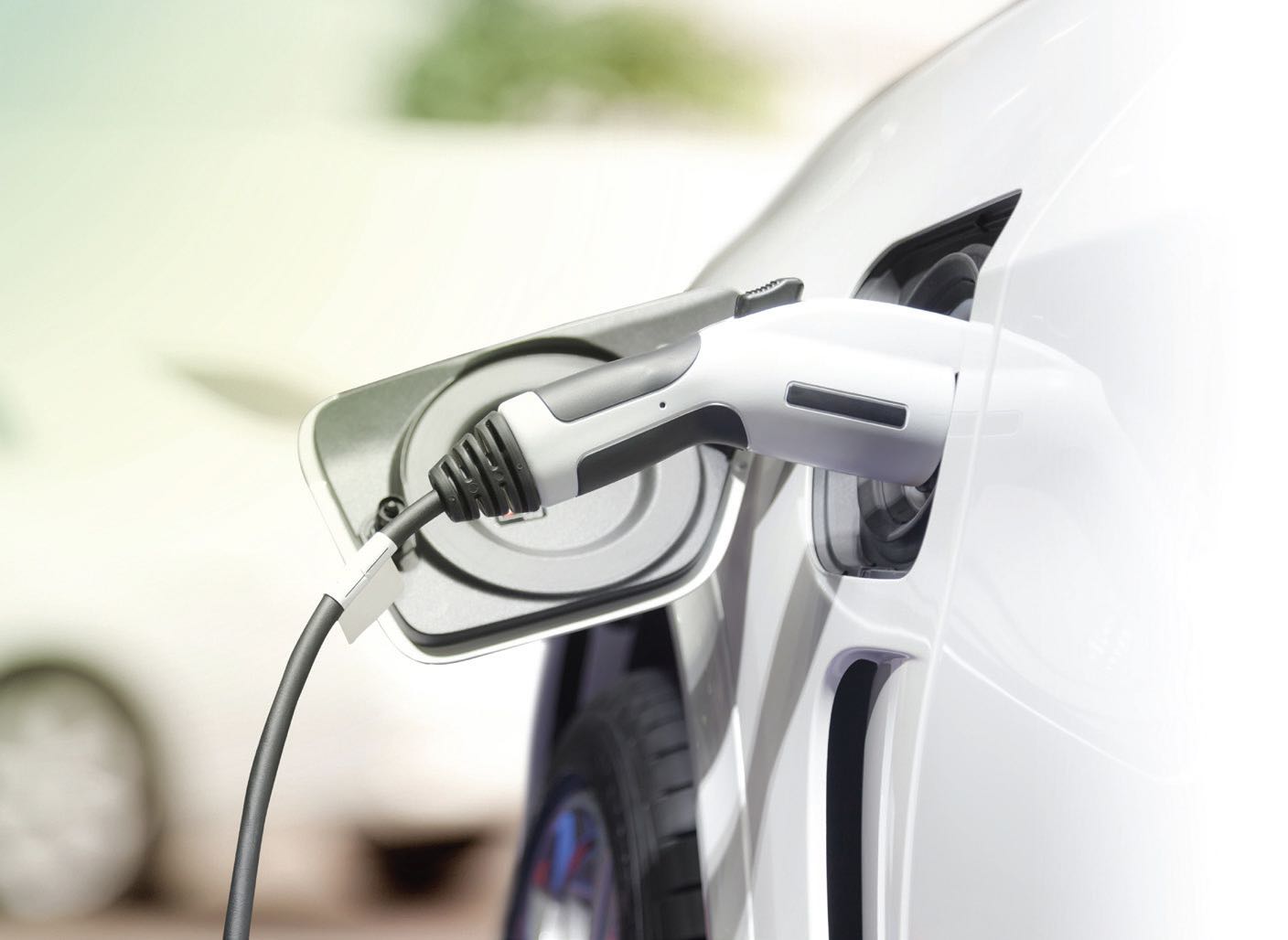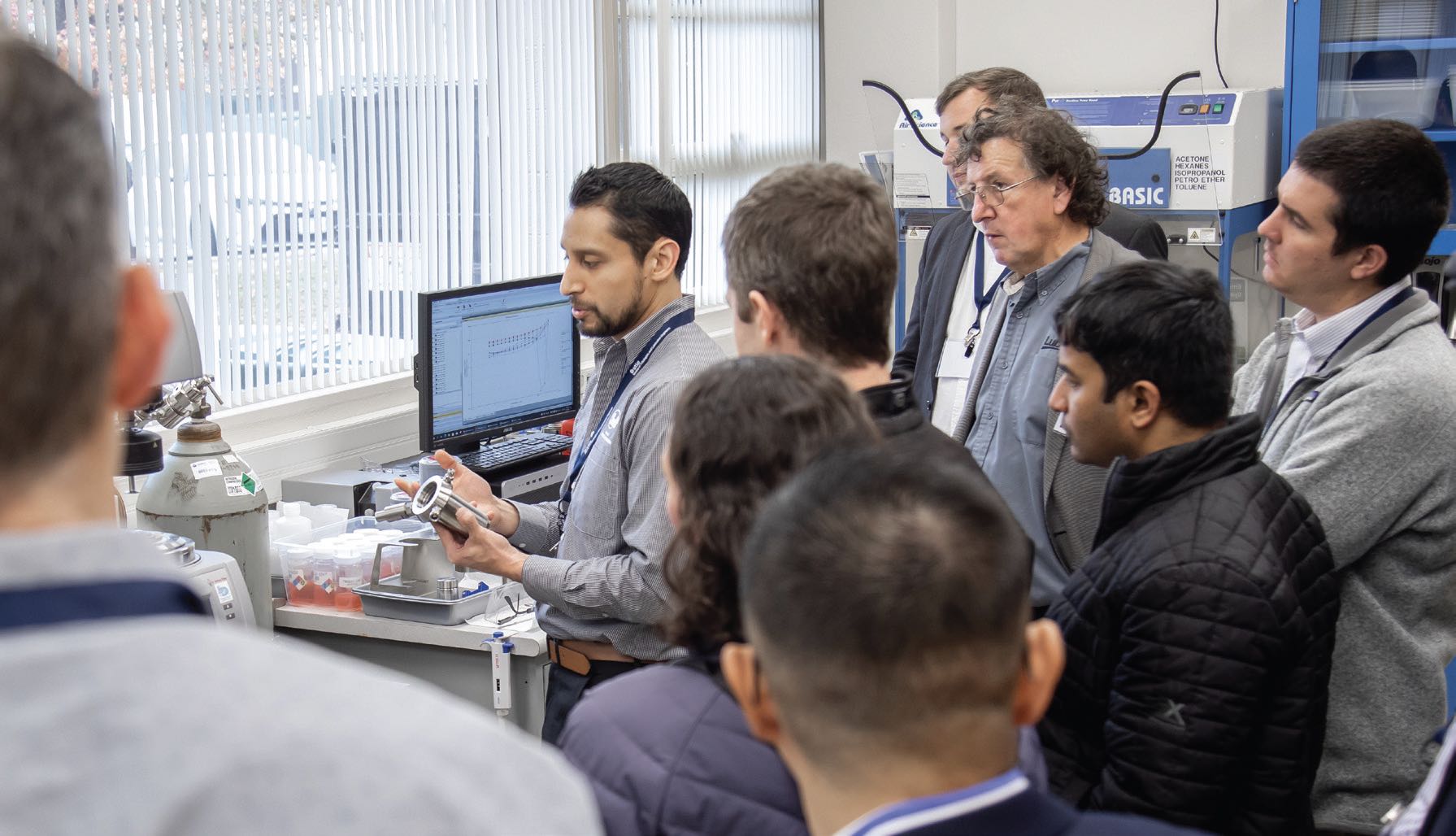Pillars of success
By Dr. Hong Liang, STLE President | TLT President's Report September 2023
Technical committees promote STLE by continuously contributing to education, understanding, discovery, improvement and innovation.


In this month’s column, we will discuss technical committees. As a science and technology society, technical committees enable activities to position STLE as the leading organization in tribology and lubrication. Currently we have 18 technical committees and two industry councils. They are on biotribology, condition monitoring/predictive maintenance, contact mechanics, electric vehicles/engine and drivetrain, environmentally friendly fluids, fluid film bearings, gears and gear lubrication, grease, lubrication fundamentals, materials tribology, metalworking fluids, nanotribology, nonferrous metals, rolling element bearings, seals, surface engineering, sustainable power generation, synthetic lubricants and hydraulics, tribotesting and wear. These committees work for STLE annual meetings and technical publications. They focus on fundamental and practical aspects of various technical areas. Their major activities include information generation through publication, paper solicitation and topic gathering for symposiums and panel discussions, assisting society entities, such as individuals and companies collecting technical information, and developing conference programs.
Technical committees play an important role in advancing and understanding the application of lubrication science and tribological technologies. In the last few years, I have witnessed the activities and impacts of one of the committees, and I will use them as an example here. The advancement and market demands have pushed the development of electric vehicles (EVs). In order to capture the rapid development, members of the STLE Engine and Drivetrain Committee, along with experts and staff members, formed a conference committee. Quickly, they started to plan and execute. The committee met weekly, starting from brainstorming to executing a plan. Technical personnel used their knowledge and experience to define the focus and speakers while staff members laid out details about daily activities, including creating a hybrid option. A few months later, the 2021 STLE Tribology & Lubrication for E-Mobility Conference was held at Southwest Research Institute at San Antonio, Texas. Because of the increasing interests, the conference became an annual event with the second meeting at the same place in 2022. To date, two meetings have been successfully held. The white paper from the first meeting is available at www.stle.org/inauguralEVwhitepaper. The white paper from the second meeting will be available soon at www.stle.org/2ndEVwhitepaper. The topics discussed were seasoned, stimulating and educational. The outcome will potentially impact the durability, efficiency and performance of EVs and transportation and sustainability in general.
As you can see, technical committees promote STLE by continuously contributing to education, understanding, discovery, improvement and innovation. Technical committees are the pillars of success for STLE. Being members of a science and technical society, all of us are experts in some areas of lubrication, wear and/or friction through years of doing, learning and understanding. Our field is highly interdisciplinary and requires collaboration and teamwork. Are you ready to volunteer by serving in one of the STLE technical committees?
Dr. Hong Liang is Oscar S. Wyatt Jr. Professor of the J. Mike Walker ’66 Department of Mechanical Engineering at Texas A&M University in College Station, Texas. You can reach her at hliang@tamu.edu.